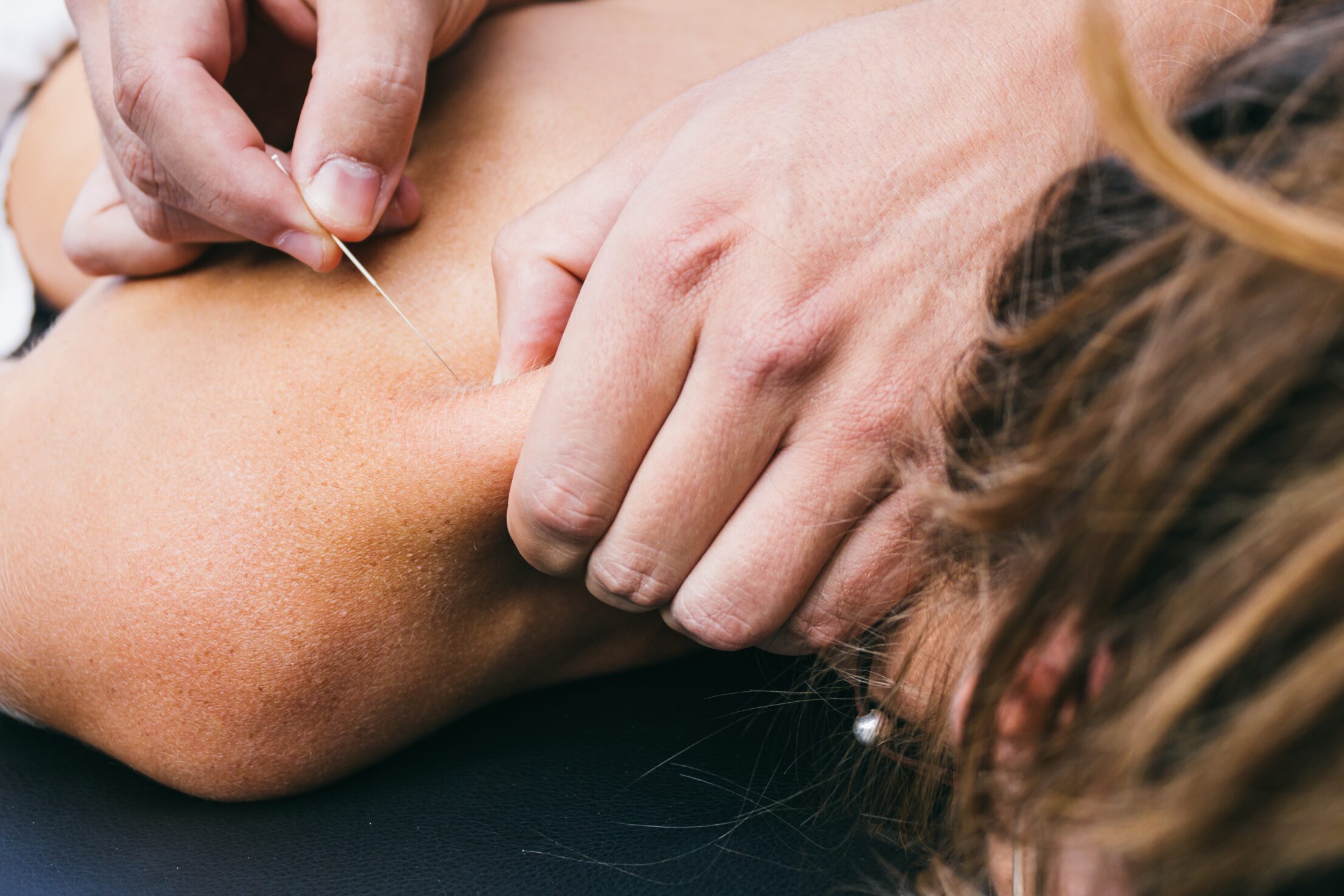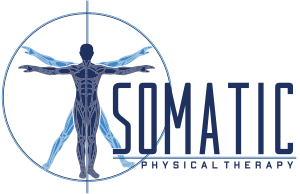
01 Apr Will “Dry Needling” help me?
What is Dry Needling?
- Dry needling is a form of therapy in which fine needles are inserted into myofascial trigger points (painful knots in muscles), tendons, ligaments, or near nerves in order to stimulate a healing response in painful musculoskeletal conditions. Dry needling is not acupuncture or Chinese Medicine, that is, it does not have the purpose of altering the flow of energy (“chi”) along traditional Chinese meridians for the treatment of diseases. In fact, dry needling is a modern, science-based medical intervention for the treatment of pain and dysfunction in musculoskeletal conditions. Common conditions treated with dry needling include neck pain, jaw pain, shoulder impingement, tennis elbow, sciatica, headaches, knee pain, shin splints, plantar fasciitis, and low-back pain.
How does Dry Needling help?
- Dry needling reduces inflammation by creating a chemical reaction within a muscle, causing the muscle to contract or “twitch”, which increases blood flow to the muscle fiber allowing the healing process to begin. Dry needling can be used to treat muscles that cannot otherwise be reached with traditional therapy means without the side effects and disruption or surgery and medications.
Is Dry Needling safe?
- Dry needling is very safe; however, some patients experience side-effects during treatment. Temporary pain during dry needling occurs in 50% of treatments. Drowsiness, tiredness or dizziness may occur after treatment in a small number of patients and if affected, you’re advised not to drive. Fainting can occur in certain patients, particularly during the first treatment session when needling the head or neck regions. Minor bleeding or bruising occurs after dry needling in 10% of treatments and is considered normal. Existing symptoms can get worse after treatment (less than 3% of patients); however, this is not necessarily a “bad” sign. Nerves or blood vessels may be damaged from dry needling which can result in pain, numbness or tingling; however, this is a very rare event and is usually temporary. Damage to internal organs has been reported in the medical literature following needling; however, these are extremely rare events (approximately 1 in 200,000).
How will I feel after dry needling?
- Soreness from Dry Needling may begin immediately and is different for each person. It usually feels like you had a hard workout at the gym, lasting 24-48 hours. Tell your therapist how long the soreness lasted so your treatment can be modified if needed.
- Bruising from Dry Needling is possible and should not be a concern. The shoulders, chest, face and portions of the arms and legs are more likely to bruise than other areas. Use ice to help decrease the bruising as needed. If you are concerned with an area that was treated with dry needling, please contact your provider.
- It is common to feel tired/fatigued, energized, emotional, giggly or “out of it” after Dry Needling. This is a normal and can last up to an hour or two after treatment. If this lasts more than a day contact your provider as a precaution.
- Rarely, Dry Needling may actually make your symptoms worse. If this continues past the 24-48 hours, keep note of it. This does not mean Dry Needling cannot help your condition, it could mean the treatment needs to be modified.
What should I do after my treatment?
We highly recommend drinking more water than usual for the next 24 hours after Dry Needling. This helps reduce soreness and keeps the muscles energized. After dry needling treatment, you may be able to tolerate:
- Exercise and/or stretching.
- Normal physical activity.
- Self-pressure or massage to the area.
- Ice directly over the treatment area for any pain and swelling.
What should I avoid after treatment?
- Consider avoiding strenuous activity to the muscles that have been treated
- It is strongly recommended to avoid new physical activities or sports
- Avoid doing more than you would normally do, this is not the time to set a personal record
If you are feeling light-headed, or have trouble breathing, chest pain, or any other symptoms that concern you after treatment, call your doctor right away. If you have questions or concerns regarding treatment call your physical therapist at (404) 465-1828.

